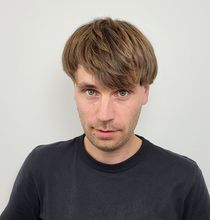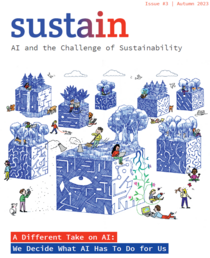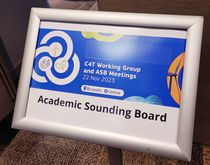



Welcome to the Institute for Ecological Economy Research (IÖW)
The IÖW is a leading scientific institute in the field of practice-oriented sustainability research. It devises strategies and approaches for viable, long-term economic activity – for an economy which enables a good life and preserves natural resources.
Our Responsibility
The IÖW endeavours to make its own work as sustainable as possible. And at the same time we try to consider the social concerns of our employees. Read more here.

![[Translate to Englisch:] Group photo with 9 women and 6 men from different countries in the IÖW conference room](/fileadmin/_processed_/b/8/csm_Information_Tour_IOeW_13052024__87218dbae0.jpg)




